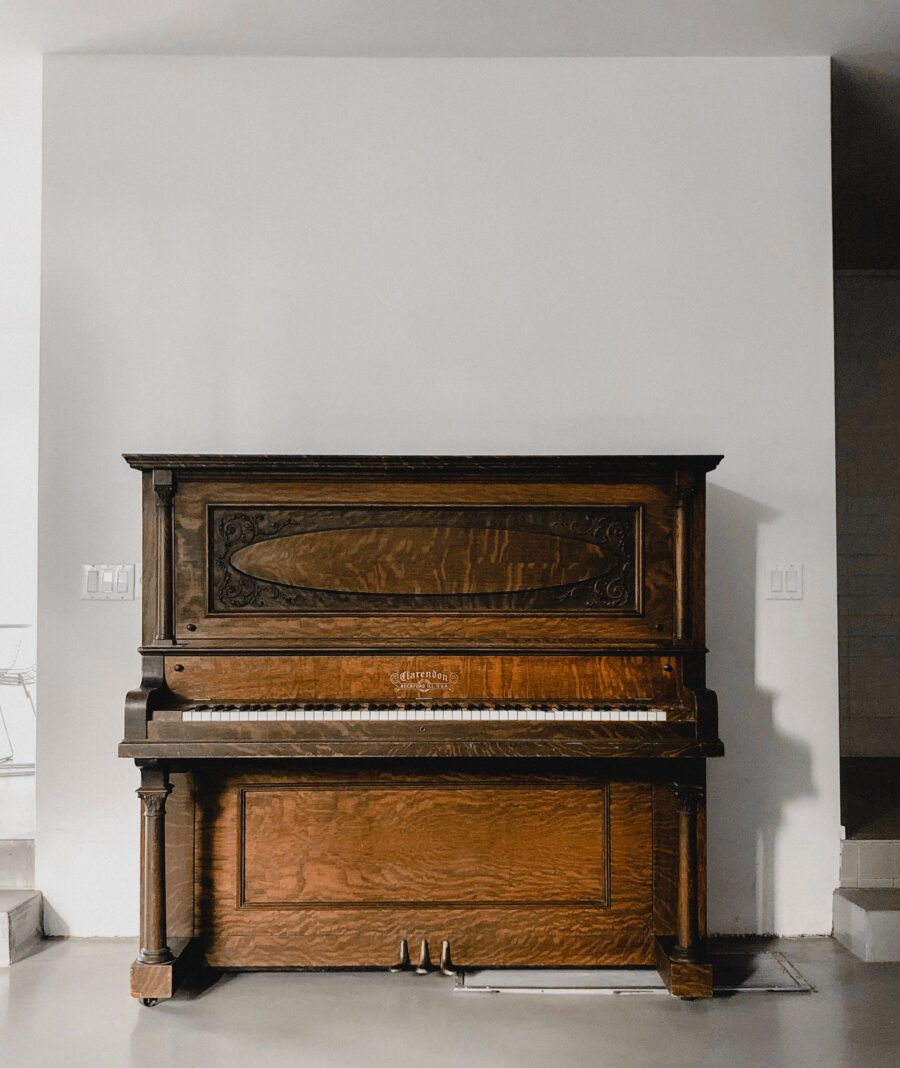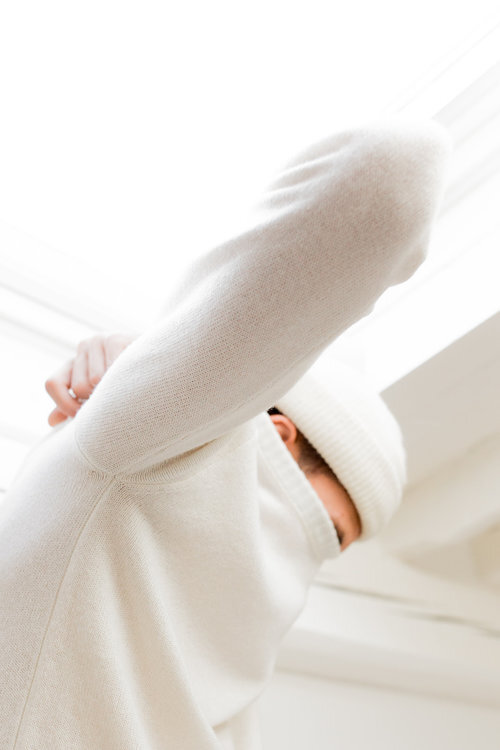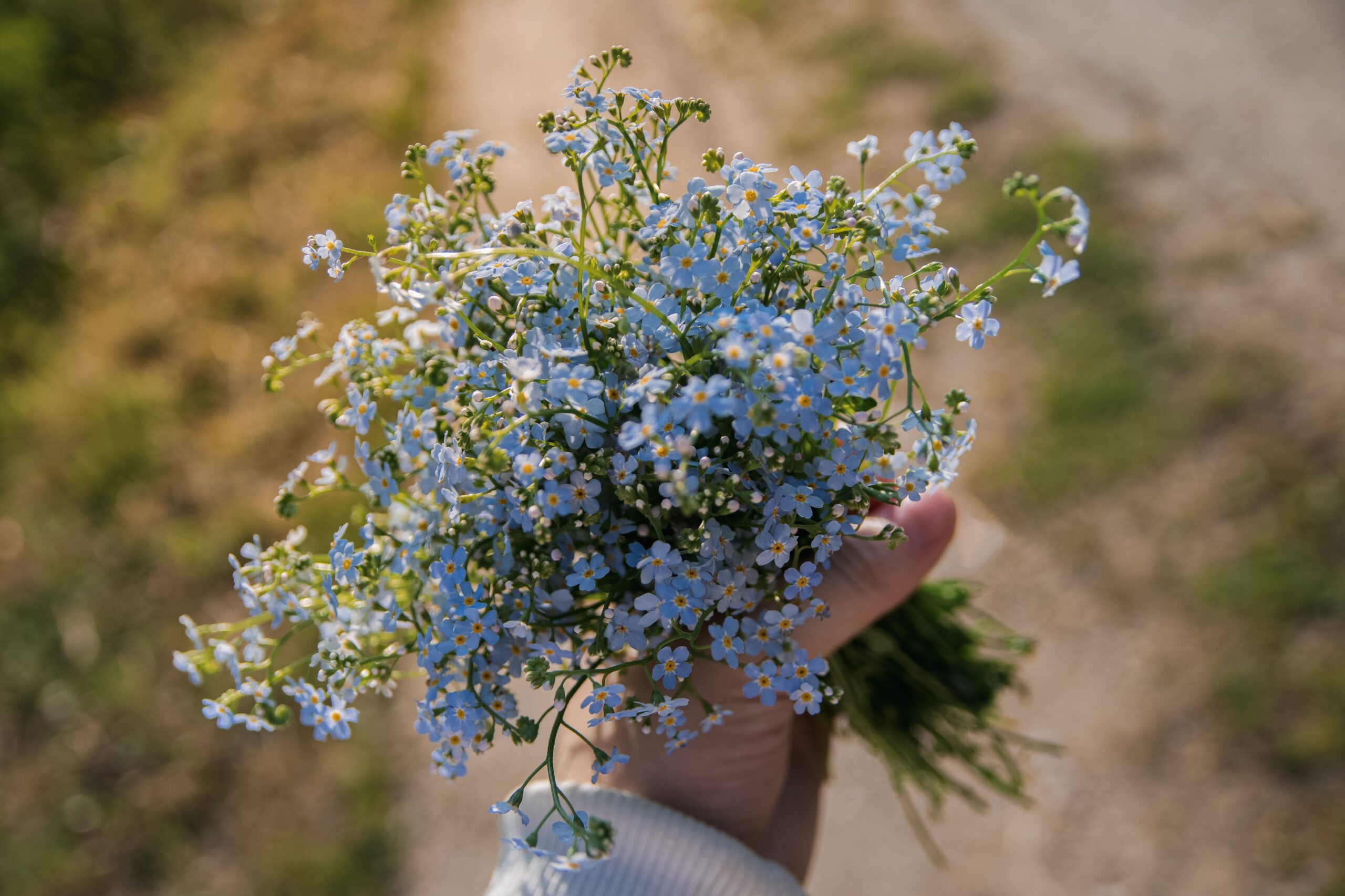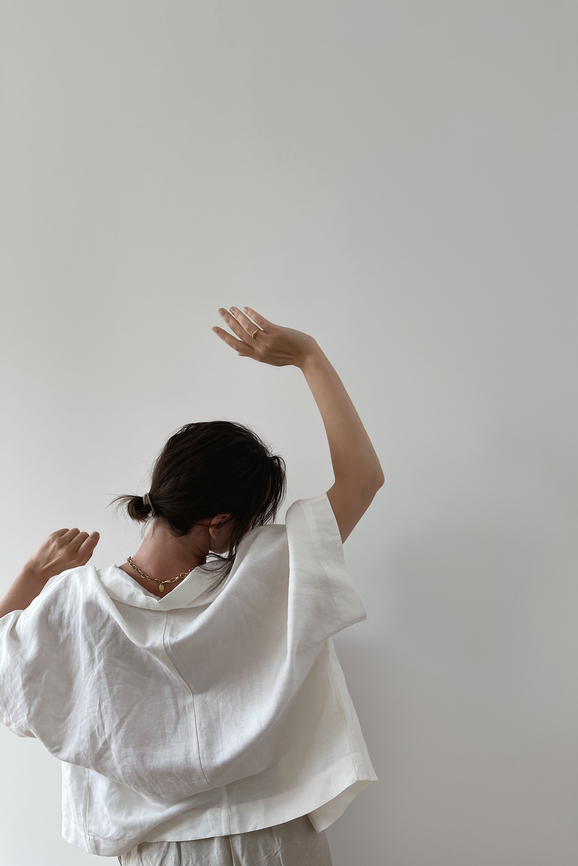
Reader Essay: Impulse Buy Spouse
This essay was reader-submitted for our essay series on themes of joy, bliss, lightheartedness, and wonder.
I often succumb to an impulse buy—a bright dress that catches my eye in a shop window or a culinary device accessible only through an eight-hundred number. Sometimes, these purchases are ill-advised: I once brought home a chronically anxious dog after seeing her photograph on a rescue website; I bought a car from a friend of a friend only to realize after he’d left town that the transmission was shot. But I never thought I’d commit to marriage on a whim.
The month that I turned twenty-five, my friend nabbed a sublet in Venice Beach on the second floor of a yellow Victorian. It had a garden filled with pink roses and a sweet old landlord who lived below. I called Sarah the day after she moved in.
“I never thought I’d commit to marriage on a whim.”
“How’s the apartment?” I asked.
“It has roaches,” Sarah said.
“Gross.”
Until that moment, I was jealous of Sarah and her new life by the beach. I had just started a graduate program in journalism and was saving money by living in my father’s two-bedroom condo, a few miles away. After four years of college, his curfews and cleaning mandates were stifling. But I would rather live with my dad than cockroaches, any day.
A few weeks later, Sarah called me. I was painting my nails red and the room smelled like acetate. “Remember that guy who used to live in my apartment?” she asked.
“The slob?”
“His name is Kevin. And actually, it wasn’t his fault—the building was infested. Anyway, I was sick last week and he brought me chicken soup.”
“Sweet. Is he cute?” I pushed open the window and inhaled cool air that smelled like dry leaves and pumpkins.
“Not my type,” she said. “But he invited me to a party on Saturday. Wanna go?”
The party was in the back garden of a wood-shingled cottage on Abbot Kinney, the main street in Venice. I wore a prim little dress with motorcycle boots and had pulled my dark hair into a bun. Sarah and I pregamed with Rolling Rocks at her now roach-free apartment and by the time we arrived the band was already gone, but they’d left a single microphone standing in a spot-lit circle on the grass.
“You should sing,” Sarah whispered.
“Singing was my secret.”
Singing was my secret. When I was supposed to be researching pieces for my reporting classes, I wrote songs in my room. I recorded them on the mini tape recorder that I should have been using to interview subjects for stories. I had only played the tapes for a handful of close friends—and I never sang in public.
But this night was different. The moon was full overhead and the air was damp with fog that made the electrical lines buzz and crackle. My hands shook with adrenaline and my heart played drums on my ribcage as I walked up to the mic. A ceiling of Christmas lights blinked on and off in primary colors above my head.
The song was anticlimactic—something about getting lost and being found – and I was too nervous to put my heart into it. I sang with my head down and the clink and chatter of the party didn’t even pause. But when I finished the last note and looked up, a guy stood in front of me, smiling. He reached out his hand and I took it and he led me out of the circle of light.
“When I finished the last note and looked up, a guy stood in front of me, smiling.”
“Can I get your number?”
Kevin wasn’t my type, either: messy, sun-bleached hair and a long goatee, suspenders holding up thrift-store trousers, and a white shirt stained with red wine. He was an art school kid who followed the Grateful Dead and I listened to X and had serious journalist pretensions; he was coming off of a bad breakup and I wasn’t looking for complications. But there was something about his blue eyes, which turned up at the corners so that he looked amused even after his mouth had relaxed. I wrote my number on a Hal’s matchbook with the pencil Kevin had tucked behind his ear.
On Thursday, we had our first date at the Mint. We didn’t stop talking for six hours and there was a current of energy that pinged between us like a silver ball caught in the flippers of a pinball machine. He drove me back to my car in his beat-up black Volvo station wagon and the tape recorder played “Sugaree” on repeat. We stopped and stepped into an alley that smelled like sour beer and skunk weed. When he finally kissed me the world spun and went fuzzy and the shapes around us sparkled as they came back into focus.
“When he finally kissed me the world spun and went fuzzy and the shapes around us sparkled as they came back into focus.”
The next day, my father left for the week and Kevin moved in. We spent two days staring into each other’s eyes, imprinting like ducklings. But on Sunday, the sunshine forced us outside and into a morning so clear the colors looked Windexed. We cruised the Pacific Coast Highway all the way to Santa Barbara, where the waves flashed aquamarine as we rounded a corner past a white-shingled ranch house. An upright piano stood on the front lawn with a sign taped to it: $50 obo. Kevin screeched to a stop.
The piano was dove-gray with ivory keys and brass hardware; the front panel featured two delicately embossed laurel wreaths that had been hand-painted a rich indigo and glimmered in the late afternoon light. It was beautiful—and it weighed four hundred pounds. But turns out, Kevin was as impulsive as I was. And back then, we didn’t worry about sciatica. We negotiated down to the two twenties we had in our wallets and shouldered the instrument onto a rented trailer and drove it ninety miles down the freeway. We borrowed a dolly and rolled the piano into the elevator and up three stories. Finally, we angled it through the condo’s door and into the living room. Each night, Kevin played me his own compositions of improvisational jazz.
That week, I had planned to visit a friend in New Orleans, where Kevin’s sister lived—so he joined me. “I want to marry you,” I joked on the Wednesday plane ride there.
“Let’s get married,” he said on the Sunday plane ride back.
We had known each other for ten days.
“There was no kneeling. There was no formality.”
There was no kneeling. There was no formality. He didn’t even buy an engagement ring: I just slipped the one I had inherited from my great-grandmother from my right hand to my left. At Thanksgiving, I met the rest of his family; the following week, he met mine when my father helped move Kevin’s boxes into the garage. We set the wedding date for a year later and our friends—who were still going to bars and shuffling partners while we researched locations and hand-printed invitations—whispered and wondered about when we would break up. That fall, Kevin and I married under a eucalyptus arbor. He was twenty-seven and I was twenty-six—two years older than our son is, now.
It should never have worked. What we knew about marriage could fit in a thimble. Only one of my friends had a mother and father who still lived in the same house. My parents had divorced when I was two, his argued all the time, and neither of us believed in death do us part. All we knew was that we felt right when we were together and wrong when we were separated and getting married seemed like the most essential form of life insurance.
“All we knew was that we felt right when we were together and wrong when we were separated.”
Miraculously, that feeling lasted. Two years and one baby after the wedding, we moved the gray piano into our first home; three years and two more kids after that, we transferred it to our second. My son learned to read music on the instrument and my daughter now taps the keys to tune her guitar. And, years after I mustered up the courage to sing at that backyard party, I used it to sound out a set list of songs, which I sang with my band at the Mint, where Kevin and I had our first date.
Life had a way of chasing its tail, for sure – but it didn’t unfold as we planned. Kevin made commercials instead of movies and I never became a serious journalist. We were tested by frustrated ambition, demanding children, and unexpected illness—trials so common they punchline a thousand jokes. In all honesty, I don’t know how we made it through when more than half of our friends are now divorced.
But, last November, Kevin and I celebrated the fact that we can still talk for hours without getting bored. It was our twenty-sixth wedding anniversary and we walked down Abbot Kinney and attempted to identify the house where we first met.
“Last November, Kevin and I celebrated the fact that we can still talk for hours without getting bored.”
“Is it this one?” Kevin paused in front of a blue clapboard which, like the other two dozen cottages on the street, had been turned into a retail store. The sun dipped toward the horizon and the light shaded his beard from white to gold as if time were reversing.
“It was on the north side,” I said.
“What about that one?” He pointed across the street and we walked over to investigate. The wood-shingled house had the same dimensions as we remembered but the door was in the wrong place.
“No, I don’t think so,” I said.
Kevin grinned at me, his eyes as bright and blue and amused as ever. I knew what he was thinking: Finding the house wasn’t that important. The walk was an exercise, not an experiment. We have strolled those six blocks for more than two decades and never agree on the location of the house where we first met. We don’t expect to.
But we make the pilgrimage, just the same. We inhale the salty air and watch the moon rise overhead and listen to the electricity crackle in the wires. Later, we drive home to our drafty old house and sit down at the gray piano—now missing a pedal and a little out of tune. The melody floats through the room. As the last notes settle, Kevin takes my hand.
This impulse paid off in spades.
Rachel Lincoln Sarnoff is slow boating an MFA in fiction at Pacific University and querying her second novel. Her work on sustainability informs her creative writing: She is fascinated by how the past shadows the present and imagines a future with less dystopia and more hope. Follow more of her work on Instagram, Mommy Greenest, and Linktree.



